Meat roasted on a barbecue, which by default has direct exposure to smoke from burning charcoal, is equivalent to a rapid and very hot smoking process, therefore it will inevitably contain particles of aromatic hydrocarbons, which are responsible for the specific flavor of the whole and any edible product that is exposed to smoke from burning any organic material.
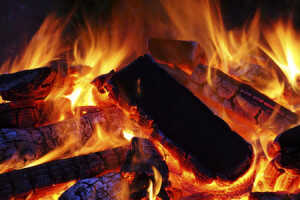
There is no point replacing charcoal with any other material, as it is the smoke that gives the barbecue taste, and all smoke contains particles that are possibly harmful to our bodies.
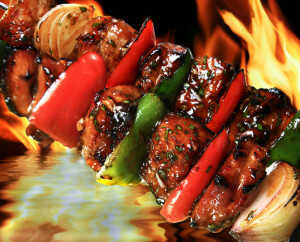
The burning of fossil fuels, such as gasoline and diesel, for example, also emit similar particles. A burn that produces heat but an insignificant amount of smoke, like natural gas, will roast the product but will not give the characteristic barbecue aroma.
Barbecue and Aromatic Hydrocarbons
Studies indicate that Aromatic Hydrocarbon Particles, or PAHs, are possibly linked to the increased incidence of cancer in humans, as can be read in more detail in the post Are smoked foods bad for your health?.
Salt and Fat
Here are the real barbecue villains. Barbecue usually has an excessive amount of salt and, depending on the type of meat, a lot of fat. Excess saturated fat, as everyone knows, can increase the level of cholesterol in the blood and possibly compromise the blood flow that irrigates, for example, the brain and heart. Salt, which is vital for the body to control the entry and exit of nutrients from cells, can increase blood pressure in excess. High blood pressure and high cholesterol are the two ingredients most linked to heart attack and stroke.
Should I stop eating barbecue?
If there is a medical recommendation, yes! Otherwise, the secret is to select lean meats and prepare them with a reduced amount of salt. Salt in the proportion of 0.5% to 1% of the amount of meat is sufficient and is within the range in which the palate generally accepts it well. Part of the flavor of barbecue is the burning of charcoal, not the excess salt and fat. A smoked product, for example, has a lush flavor even with little fat and salt. Therefore, use common sense, learn to appreciate the flavor and consume correctly, without compromising your health.
Everything in excess is bad, and barbecue contains additional risk factors that must be observed carefully, especially by those who have risk factors, such as high blood pressure, high cholesterol and incidence of cancer in the family.
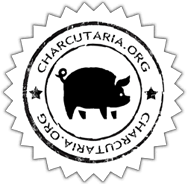
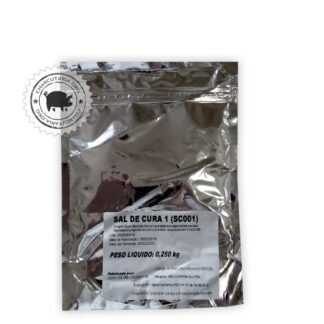
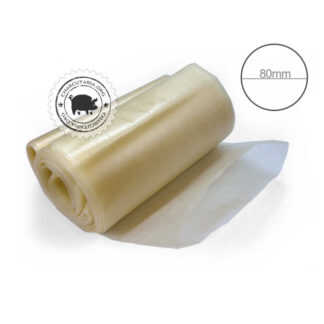
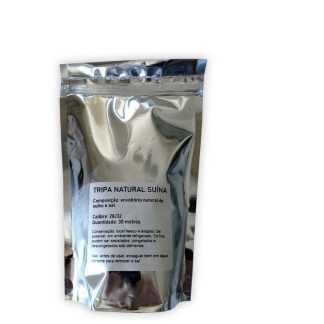
good afternoon!!! I am doing research for my course at university (logistics) as we are researching ecological charcoal briquettes, I had a question; you yourself said: “Meat roasted on a barbecue, which by default has direct exposure to smoke from burning the charcoal, is equivalent to a rapid and very hot smoking process, therefore it will inevitably contain particles of aromatic hydrocarbons, which are responsible for the specific flavor of any and all edible products that are exposed to the smoke from the burning of any organic material.”
So I ask you if, when producing charcoal briquettes, we include specific woods in their composition, would it be possible to add a specific flavor from the burning of this wood?
Thank you in advance for your attention.
Hi George. I believe so, I would have to test it, but I believe that both different types of wood and somehow incorporating other compounds, such as herbs and spices, will add flavor and aroma to the barbecue.
I like barbecue almost every day I eat it at the mall?
Why do I feel sick when I eat barbecue meat?
You may have some sensitivity/allergy to smoke components.
What is bad for hypertension is sodium, not natural salt
Barbecue is good for your health, it keeps you strong! Salt is good, it's a lie that it's bad, I put a lot of salt in everything and I took a test and it showed low cholesterol. I don't even go to the doctor anymore.
Goodnight. I found your article interesting. Sometimes, we forget to take into account various details of our customs, such as the fact that the barbecue is done amidst a large amount of smoke. I do, however, have one comment. According to research and theories, neither salt contributes to high blood pressure nor saturated fat contributes to cholesterol.
Rafael, medicine has been very contradictory lately. Probably due to the methodologies applied and the influence of economic interests of the laboratories that finance a large part of the studies. I believe you will find scientific studies concluding that salt does contribute to high blood pressure and saturated fat contributes to increased cholesterol levels, as well as you will find studies stating the opposite. Lately, doubt and confusion have reigned.
Therefore, I am not referring to medicine, but to nature. In a natural state, humans eat meat and drink brackish waters (all animals prefer brackish waters). Human beings were born to eat meat and drink water. How can something 'planned' by nature be evil? Why would humans be the only carnivorous animal (not exclusively, but meat has been part of the human diet since the beginning) to have to eat rice and beans? Yes, smoke can be harmful. But thinking that meat is bad is a thought that is the result of reasoning that lacks logic.